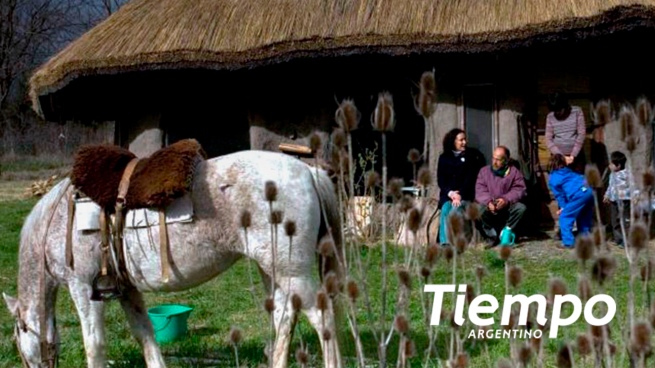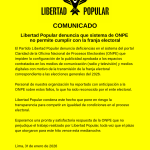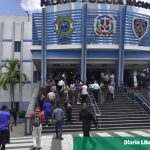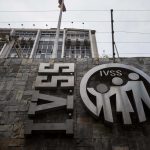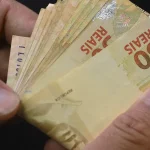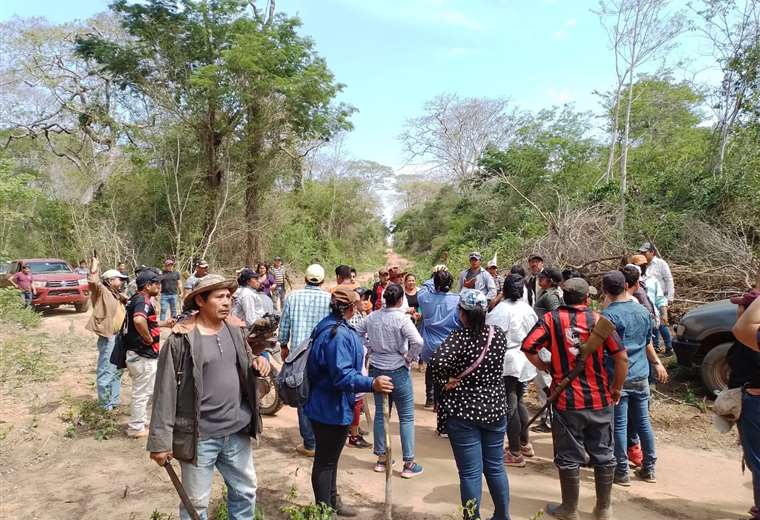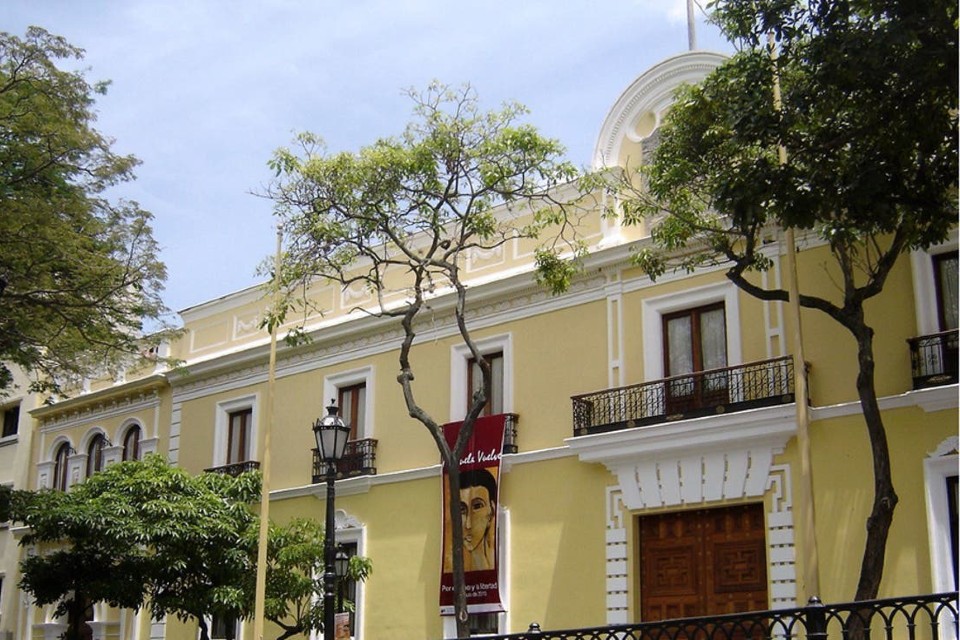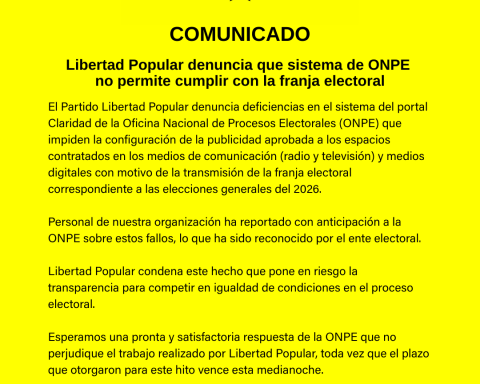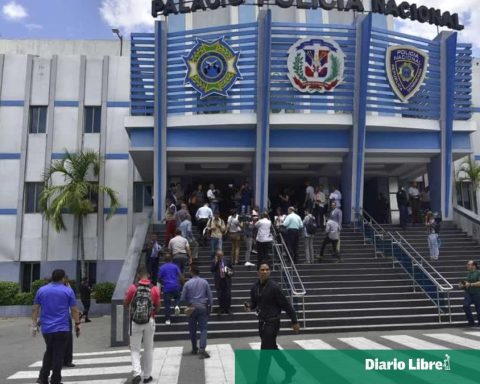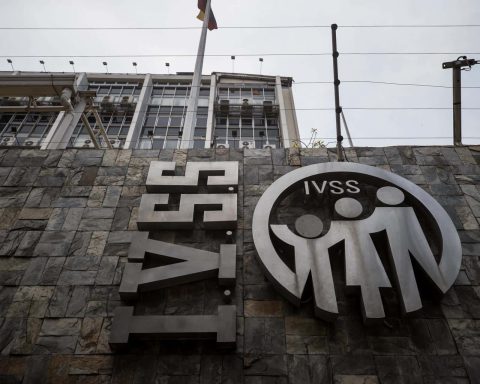flee the city. Many people (increasingly) understand that the lifestyle in big cities is counterproductive for the health and development of society. Solidarity, sustainability and care for the environment are lost. However, turning around, abandoning everything and starting from scratch in another place where a healthier bond with nature prevails, is relegated most of the time to an impossible-to-achieve ideal. Ecovillages, in expansion for decades and booming after the pandemic, emerge as an option to achieve this. And closer than you think.
Each of these communities has its rules, purposes, ways of organizing and even financing itself. In some cases they add a share of mysticism. One of the most complete maps of Argentina of this type of place can be found on the Sustainable Community portal, where dozens of ecovillages, neighborhoods and towns are located throughout the country, most of them in the province of Buenos Aires and, of course, it could be otherwise, also in Córdoba, the historical cradle of this type of movement.

Adobe and straw
One of the first ecovillages to be created was Gaia, in the Navarro area, in the early 1990s, when neoliberalism and individualism penetrated all economic, social, and cultural relations. “When there was still no talk of ecology,” he summarizes. The idea (in tune with those that arose in Europe) was conceived and projected by Silvia and Gustavo, who bought 20 hectares of a former dairy factory, about 10 kilometers from the city. In this ecovillage you can find “houses, a community center, auditorium, laundry, adobe and straw hostels, supplied with renewable energy and dry toilets.” The International University of Permaculture was founded there, the Argentine Institute of Bioconstruction (IAB), and today it has two condominiums: Amanecer and Primavera.
Some families that split from Gaia acquired a piece of land in Cañuelas in 2004. Five years later they created the Centro Nakkal Ecovillage, although “it was only in 2014 that two families established ourselves permanently, joining the founders, Edu and Vicky,” says Carla, the daughter of this couple, who adds that “since the pandemic , two more family nuclei were incorporated and we are currently 11 people residing”, although he clarifies that the community around the project is much larger. In general, ecovillages, by essence, should not be overcrowded. They usually have dozens of members or, in the maximum case, reach 250. Routines are distributed among them: a couple are dedicated to the kitchen, others to the manufacture of materials, also to the orchards, livestock or maintenance. Saturdays are usually general cleaning days. And each day normally allocates some time to connect with nature. “We have been working on the recovery of the popular celebrations associated with the festivities around the solar cycle or agricultural wheel – Carla points out -. Next weekend we will do the Festival Brota to celebrate the Spring Equinox”.

The promised land
There are also those who, even without a place, are creating the conditions for when they find “the promised land.” This is where the Ikiru Community is, led by Agori, a 33-year-old whose life turned upside down a few years ago after suffering from cancer: “It is based on not having to put up capital and that we can have our roof and food from our own production , or donations. The sieve to be part of is nobility, values”.
A couple of years ago, convinced that they had to change the scene, Agori, his wife and their baby left Buenos Aires to enter Merlo, San Luis. But in full quarantine he had a bad time. The San Luis police arrested them for being out of hours on public roads. Justice opened a case against him and seized him for half a million pesos. That was the click. “So, we came to Villa Yacanto de Calamuchita, Córdoba, from very esoteric things, dreams and revelations that I find it hard to tell. I began to explain what I visualized on Ikiru’s Instagram and that resonated with those who had to resonate.”
Today there are hundreds of them and several of them gather at a property in Yacanto, acquired by Nicolás, a leader of the Asociación Civil Sol Naciente Comechingón, who highlights: “we are creating a room, dry toilets and we are going to continue putting in the back to be able to build a Personal Development Center”. There, periodically, they hold a meeting to “work the being and the body” called Reansestría (return to the origin) where Santy, better known as Siri, is key. In its opposite is Sofi. He is 32 years old, he is from Chubut, he teaches yoga classes, he studied geology and the environment. He considers himself self-taught, “wanting to learn everything.” She contributes “the search for self-determination based primarily on Natural Law. It is an area that one continues to investigate because it is the experience of each one, ”she graphs her.
Kalwasha (as he calls himself) has a degree in Philosophy and Theology. Venezuelan, 35 years old, he defines himself as a researcher of the history of humanity: “I practice meditation, I am a painter and restorer of sacred art.” He will bring his knowledge in bioconstruction and permaculture.
In Balcarce, one of the fundamental branches of the ecovillage is giving permaculture workshops to the community. In La Pampa, five years ago, the Chakra Raíz group created an ecovillage on disused public land. They were tried, the prosecutor accused them of illegality and secrecy. Justice acquitted them. But Anahí Montes, a member of the group, highlighted the underlying problem: “We ask that there be a sensitivity to the problem of access to land, the lack of care for resources and the right to landscape, it is a problem of the whole society” .

From CrossFit to the Organic Rotational Work System
A large part of those who live in ecovillages come from large cities. It is the case of Siri.
He was always linked to sport. He is a capoeira teacher, a high-performance and combat disciplines trainer, specializing in bodybuilding. He had important fitness ventures in Buenos Aires and was one of the promoters of crossfit in Argentina. “About 15 years ago I realized that the lifestyle in the big cities was counterproductive and went in the opposite direction to human development. This technological, bureaucratic progress and mercantile authoritarianism leads us all to depression and illness”, he emphasizes, like a sentence. He then moved to Mendoza, began to connect with nature and did “deep research in anthropology, biology and evolution.”
In Ikiru, the Cordovan ecovillage, it developed an Organic Rotational Work System (STRO). “The specialization of work brings many anatomical problems and an overload is generated in the system from the organic point of view. What we propose is based on everyone going through all the tasks and rotating in a certain way according to anthropological studies and physiological needs of each one,” Siri specifies, summarizing: “The vast majority of us are urbanites, so we are not accustomed to working in the fields. The important thing is that there are no injuries, that everyone is happy and having fun with the task at hand. We are going to be even more productive.”

“Free education” outside the institutional system
Many of the ecovillages go “deep” with an alternative lifestyle. Even looking for other forms of learning outside of formal schooling, which arouses controversy. Rosa has already settled in Yacanto and left her native Berazategui behind. She will be in charge in Ikiru, Córdoba, of what is called Escuela Viva: “it is another concept of education, it has nothing to do with the bureaucracy of the establishments”. Her son Vincent, 7, comes from a similar experience in the Conurbano since he was 3. Supposedly, it is a system that needs the involvement of the family: “it is about self-directed learning, more creative and at its own pace.”
Carla, from the Nakkal Center in Cañuelas, has two children, ages 11 and 8. They were never in school. «Here there is a Free Education project that is being carried out by six families, who are part of this extended community, which works three times a week. It is for a more preschool level. We understand education in a broader and more diverse way. We believe that there are many things to learn that are not necessarily in the programs that come from the Ministry”. She points out that beyond the prejudices that may exist, “children’s natural processes lead them to approach and become interested in learning certain things. This is how it happened quite organically with my children who learned to read, write, do accounts for their own interest, as well as make their own toys in the workshop, or build a chicken coop. We support that process.”

Items
Generally, ecovillages seek to be self-sustaining through different projects ranging from tourism, nature walks, workshops, courses, production of handicrafts, carpentry, blacksmithing, even luthier.
For the houses, they use sustainable and biodegradable materials, ranging from adobe and straw, to glass, which in addition to providing better natural lighting, serves as thermal and acoustic insulation. Thus rows of bottles can be seen as support for the structures of homes that are usually built like mushrooms. Typical image of ecovillages.
